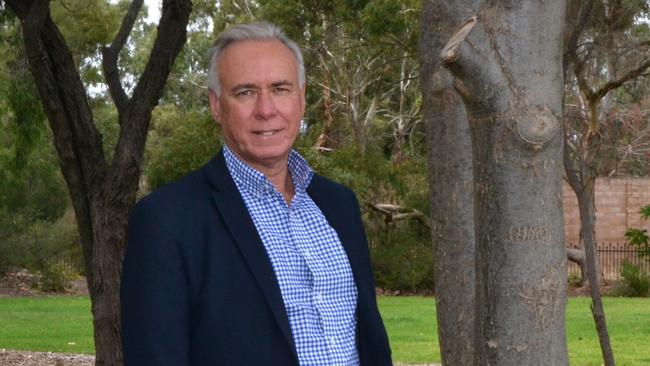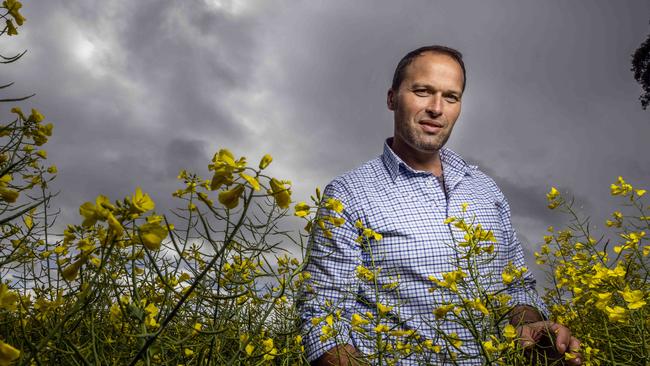Calls for government to better fund mental health in the bush
Both levels of government are being called on to “pull out all the stops” to address a growing and underserved mental health crisis in regional Australia.
Peak bodies for Australia’s farming community are calling on the federal government to step up and commit more funding and resources to address what is being called a mental health crisis among farmers.
It comes as regional Australians seeking mental health help are being directed through a digital labyrinth across various federal government websites – with zero links provided to rural-specific services on a Department of Health-run website.
It comes as one advocate for rural mental health said regional psychological services are being outstripped by demand, to the detriment of the community’s health.
The Department of Agriculture’s support and wellbeing web page directs users to a number of acute care helplines, such as Lifeline and Beyond Blue.
Two links are listed for further mental health support: TakingStock and Head for Health.
The Head to Health website, run by the Department of Health, does not list a single farmer or rural-specific service in the list of mental health service providers.
TakingStock, a farmer-focused program that launched earlier this year, appears to have been added to the department’s website in just the past week.
A Department of Health spokesman said while not “targeted directly towards rural and/or regional Australians”, broader digital mental health services such as those available via Head to Health could potentially reduce barriers to mental health access for people living in rural and regional Australia.
“The Australian government acknowledges and understands the importance of all Australians being able to access the mental health care they need, no matter where they live,” the spokesman said.

The department said the federal government had committed $2 billion of funding to 2025 to fund 31 Primary Health Networks “to plan and commission regionally appropriate mental health and suicide prevention services”.
Several rural-focused mental health providers have said more grassroots services are needed to give farmers help tailored to their experiences. The Weekly Times last week reported numerous groups were going it alone to provide services, relying on government grants or donations to run.
Rural and Remote Mental Health chief executive Joe Hooper said mental health and psychological services “continue to be outstripped by demand”, and has called on the Federal Government to address the services health gap.
“Seven million Australians live in rural and remote Australia where the burden of disease and mental illness is higher … this lack of access translates into an estimated rural health expenditure deficit of $4 billion every year,” Mr Hooper said.
“The federal government must address this services health gap and provide dedicated funding to increase and sustain not only acute service access but importantly, they must reframe their funding policy to focus on prevention and early intervention services.”
National Farmers’ Federation vice-president David Jochinke said all tiers of government needed to “pull out all stops to address this crisis”, with the federal government to take the lead.
“This includes assessing current resources and identifying the gaps, investing in frontline services, and it should include funding to partner with existing industry-supported initiatives so they can reach more people,” Mr Jochinke said.

When it comes to investing in mental health support and suicide prevention for Australian farmers, Mr Jochinke said “it doesn’t get more serious than this”.
“The sobering figures in the report show just how dire the situation is,” Mr Jochinke said.
“We often talk about farmers being built tough yet it’s clear mental health is at crisis level.
“We know farmers experience worse mental and physical health outcomes compared to everyday Australians. We need to change this and for this to happen, government needs to provide adequate funding to the right services and break down the barriers to accessing them.”





